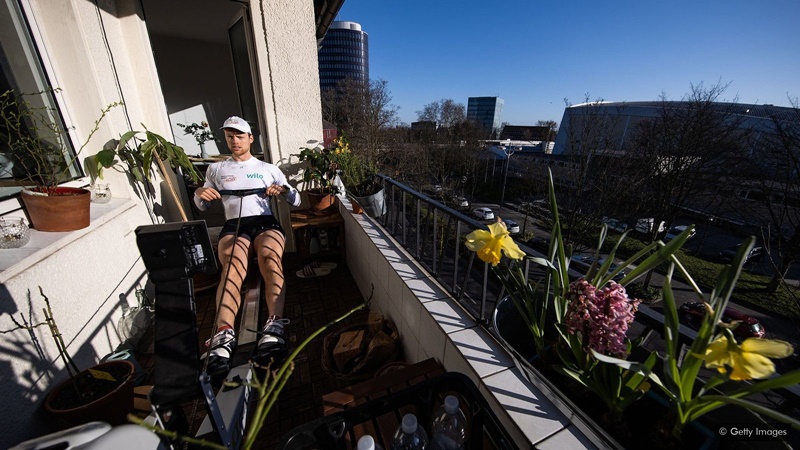A renewed conversation
Of course, trying to increase access to outdoor space has been a goal of cities way before Covid-19 struck. But the conversation has taken on greater intensity since the pandemic has exposed just how unequal access can be.
It’s not yet been possible to quantify the mental-health toll of long weeks of lockdown, and any correlation with access to outdoor space. But we do know that isolation is bad for everyone’s mental health, and that people who lost incomes or had low incomes to begin with experienced more stress. “Covid continues to spotlight where these inequities are and what they look like,” says Burrowes.
Experts hope this will accelerate pre-pandemic trends: a push for more balconies, better community gardens and easier entry points to parks. But this must come from city governments prioritising them. “We can have good housing and good access to nature – not one or the other,” says Nesbitt. “In the pandemic, that relationship with nature is really important.”
Kgama, meanwhile, is finally managing to get some fresh air – in Charlotte, North Carolina. She and her family bought plane tickets for $15 each and will fly down for a weeklong getaway. But she wishes it was even longer. If a second wave of Covid cases hits New York, it’ll mean being cooped up inside for months all over again. “If I could, we would’ve left for the whole summer,” she says.

Pg 5/5
BBC / Balkantimes.press
